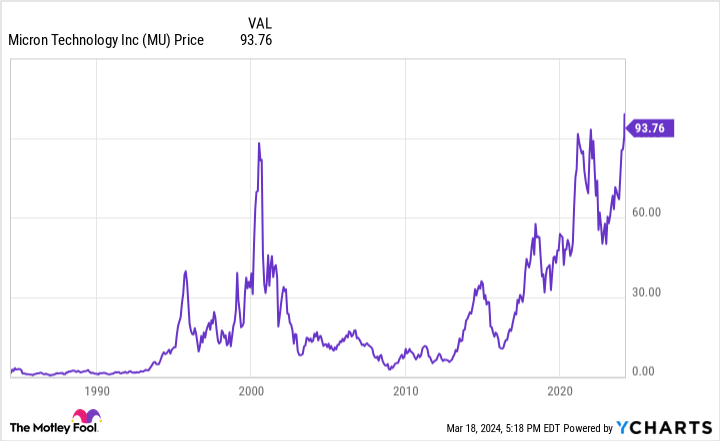Regulators in the domain of finance are still grappling with how to handle cryptocurrencies. The unique nature of this asset class does not neatly fit into existing categories of financial assets. The collapse of major cryptocurrency players like FTX in 2022 highlighted the need for more effective regulations. It is crucial to understand the landscape of cryptocurrency regulations worldwide and the impact they have. Governments are striving to modernize regulatory oversight in response to the challenges posed by cryptocurrencies operating outside of government control.
In 2023, regulators globally, from Asia to Europe, intensified their efforts to implement crypto regulations. The US has been particularly aggressive in taking legal action against prominent players in the crypto space. For instance, Binance faced a hefty fine of over $4 billion from US authorities. The growing trend towards cryptocurrency regulations by various countries is a significant development in the crypto industry. Projections indicate that the cryptocurrency market could reach $5 billion by 2030, underscoring the importance of establishing regulations for this rapidly expanding sector.
To become a certified blockchain expert, consider enrolling in 101 Blockchains’ Blockchain Certifications for enhanced career opportunities. Understanding how cryptocurrency regulations work is essential for all stakeholders in the crypto ecosystem, including developers, investors, policymakers, and enthusiasts. Different countries have adopted diverse approaches to regulating cryptocurrencies, reflecting a range of opinions and concerns about their mainstream adoption.
While some nations have embraced blockchain technology and cryptocurrencies, creating favorable environments for innovation and investment, others have taken a more restrictive stance by banning crypto activities. The challenges associated with cryptocurrency regulations include the rapid pace of technological advancements, lack of clarity, and the difficulty of enforcing regulations globally due to the borderless nature of blockchain technology.
Navigating the varying cryptocurrency regulations worldwide is crucial for businesses and governments. While the US and UK have been focal points for regulatory developments, it is essential to consider regulations in other countries and their unique implications. Some nations have introduced specific laws governing cryptocurrency usage, while others have integrated cryptocurrencies into existing anti-money laundering and tax regulations.
The regulatory landscape in the US treats cryptocurrencies as securities, subjecting them to laws governing securities exchanges and digital wallets. The IRS views cryptocurrencies as digital representations of value and subjects them to taxation. In Europe, the Markets in Crypto Assets legislation aims to address issues such as money laundering and illicit financing in the cryptocurrency domain. The EU also plans to introduce a unified regulatory framework to manage the complex crypto industry.
In India, uncertainty surrounds cryptocurrency regulations, highlighting the challenges of navigating regulatory frameworks worldwide. As the cryptocurrency market continues to evolve, understanding and complying with regulations will be crucial for all stakeholders in the industry.
Source link






















